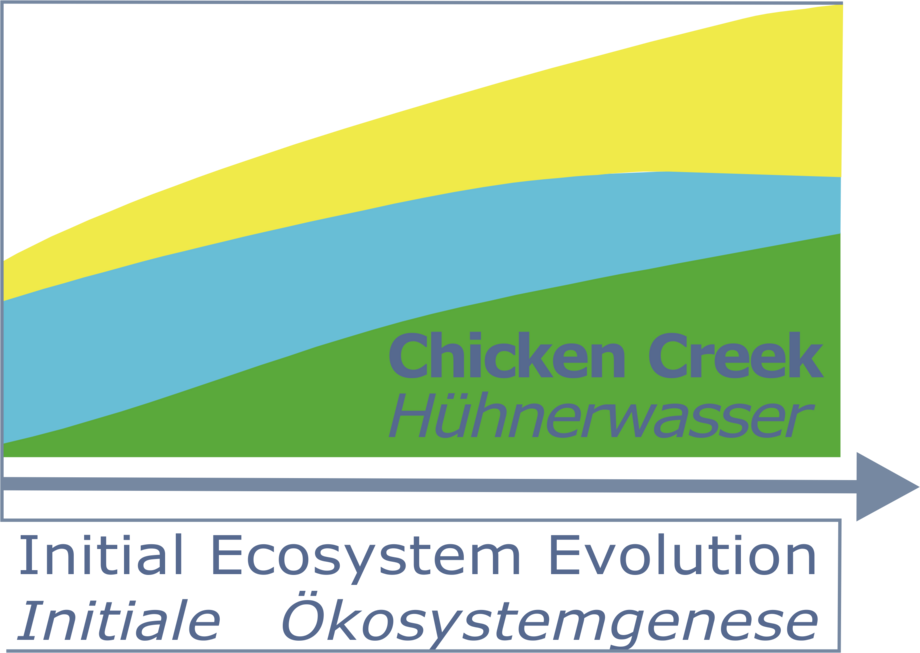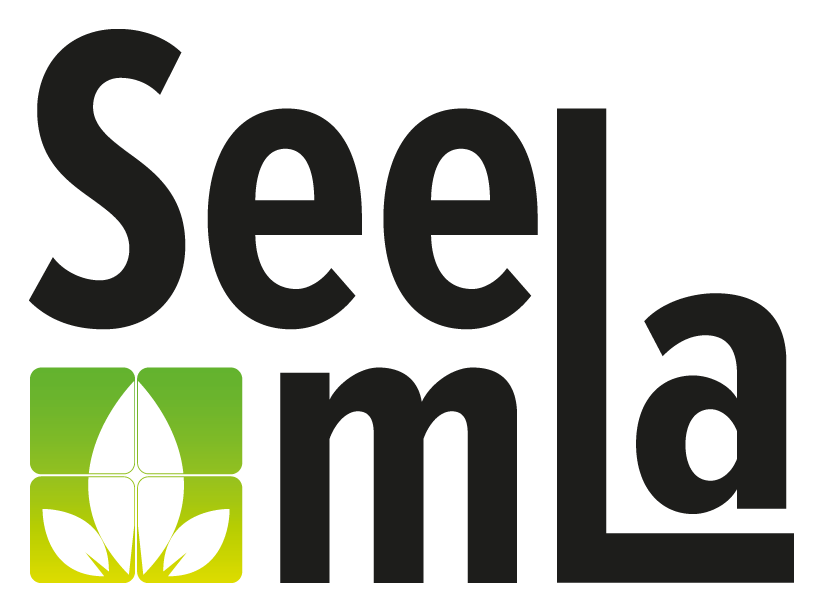Research
For the realization of research projects, the center offers support in the search for and use of necessary research sites in Lusatia for field trials. To this end, the center is developing and coordinating the ‘Living Lab Lusatia’, which comprises various exemplary landscape sections from Lusatia in the process of transformation. It offers the opportunity to investigate strategies and concepts for the transformation of a landscape with a high proportion of marginal landscapes under real conditions, including their socio-economic and legal components. The Living Lab's repertoire of areas includes post-mining sites in Brandenburg's post-mining landscapes, including the ‘Hühnerwasser’ research platform. The Hühnerwasser catchment serves as a landscape observatory for the long-term observation of interactions between different ecosystem compartments and reactions to changing environmental conditions. It also provides a basis for research projects and a wide range of applications for testing innovative environmental sensor technology. An evaluation of the future scientific potential of this research platform is currently being prepared with external experts. The center maintains contact with the mining company LEAG and prepares the necessary land use agreements. Sites outside the post-mining landscapes are also part of the landscape laboratory. Currently, these are the Branitz Tree University and, in the future, solar plants. The Living Lab is designed to be dynamic and, in addition to fixed components (e.g. chicken water landscape observatory), offers the possibility of including relevant additional sites depending on the research question. The center supports the research disciplines by arranging usage agreements with landowners. The center also offers technical support in the processing of spatial data (GIS and aerial photography) and in data management within joint projects.
The landscape observatory Hühnerwasser is part of the global network of Critical Zone observatories (Critical Zone Exploration Network, CZEN).
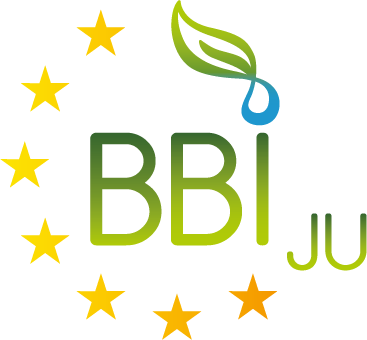

BeonNat - Innovative value chains from tree & shrub species grown in marginal lands as a source of biomass for bio-based industries
BeonNAT Project aims to increase knowledge in obtaining different bioproducts from woody species, trees and shrubs, currently underused. The project assesses the key aspects in the value chain including a selection of the and includes a selection of the most adequate species for different European countries. BeonNAT is based on the following concepts: mixed cultivation of selected woody species in marginal lands using the coppice management method and to obtain of a cascade of products within the biorefinery conception. BTU is responsible for work package 2 "Biomass cultivation, harvesting, logistics and supply plan".
Project staff: apl. Prof. Dr. Dirk Freese, Dr. Werner Gerwin, Dr.-Ing. Steffi Schillem
Duration: 01.07.2020 - 30.06.2025
Funding: EU H2020 / Bio Based Industries Joint Undertaking (BBI)
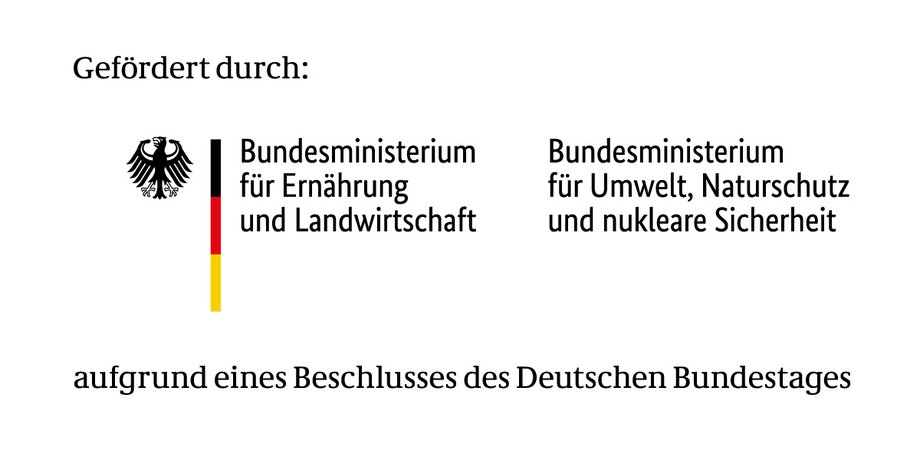

PYROPHOB - Collaborative research project: Strategies for developing pyrophobic and climate resilient forests at burned areas; Subproject 3: Soil conditions and soil fauna
The collaborative project investigates the effects of different forest management strategies of forest fire areas on the ecosystemic development. Using permanent observation plots, areas with a history of fire are analysed and the potential and effectiveness of natural regeneration processes in the ecosystem are recorded in order to formulate recommendations for dealing with fire-damaged areas. The PYROPHOB subproject 3 "Soil conditions and soil fauna" (BTU Cottbus-Senftenberg) includes includes the sub-task "Soil". The subproject focuses on soil characterization as basis for the overall site assessment and on matter translocation processes in burned forest soils.
Project staff: apl. Prof. Dr. Wolfgang Schaaf, Prof. Dr. Thomas Raab, Dr. Werner Gerwin, Dr. Frank Repmann
Duration: 01.05.2020 - 30.04.2025
Funding: Waldklimafonds: BMEL / BMU (Projektträger: FNR)
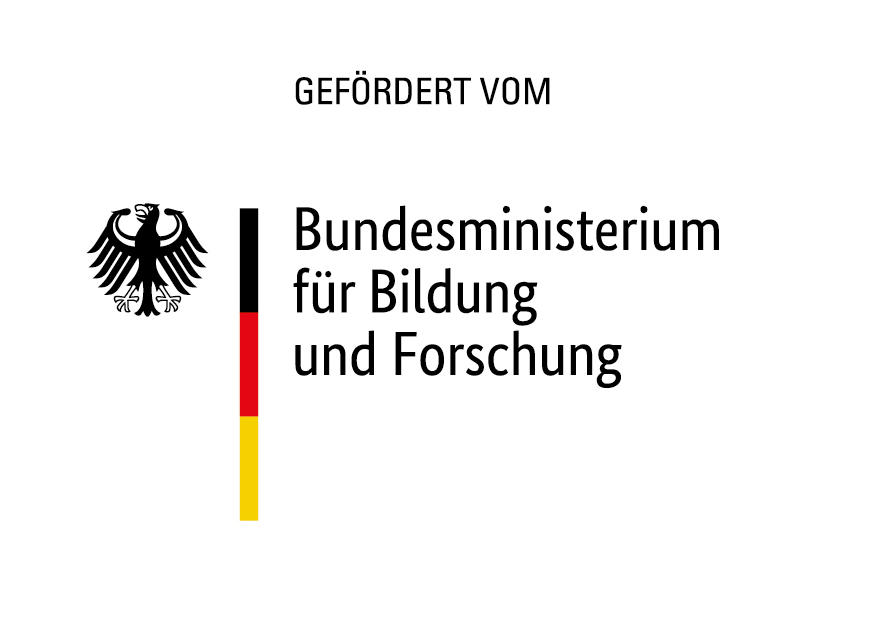

SoilWater - Collaborative project: Soil Eco-Technology to Recover Water Storage in disturbed Forests; sub project: Water storage in soils of post-mining landscapes
SoilWater aims to develop innovative measures for the sustainable improvement of the landscape water balance in regions of Europe and East Asia, in order to contribute to the achievement of SDG 6. An improved use of the water storage potential of forest soils is of central importance. The results of the project work will flow into practical recommendations for forest owners and forest administrations to optimize water storage in the soil of forests. The German sub-project in the SoilWater network exemplarily focuses on locations in Lusatia (Brandenburg) that are severely disturbed by mining. With its long-term data series already available and the possibility of establishing additional permanent observations, the research platform "Hühnerwasser" (Chicken Creek) offers an excellent basis for the identification of effects of developing tree populations on the water balance of an ecosystem. There are also numerous locations in the lignite mining area where data has already been collected that can be used for the SoilWater goals. The post-mining landscapes also offer the best opportunities for chronosequence studies on the development of the relationships between tree species, humus contents and water storage capacity of the developing soils.
Project staff: Dr. Werner Gerwin, Michael Kanzler
Duration: 01.06.2020 - 31.05.2023
Funding: EIG CONCERT Japan (Joint Call 2019: Smart Water Management for Sustainable Society) / BMBF (Projektträger DLR)
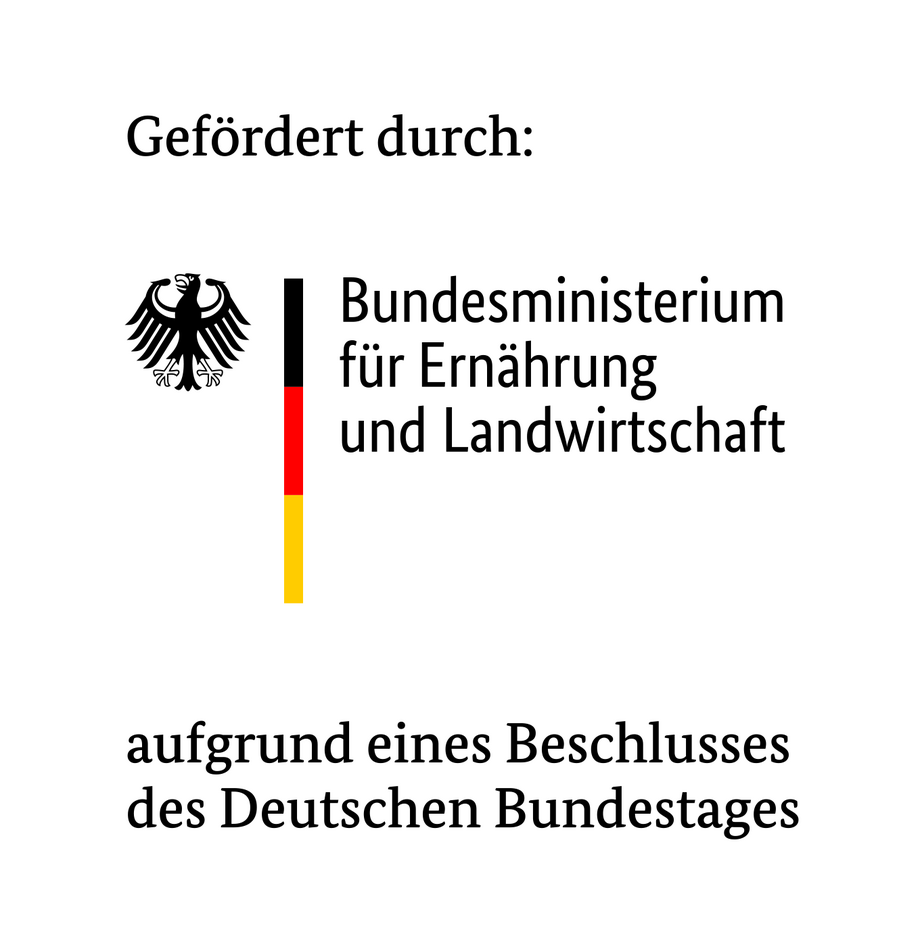
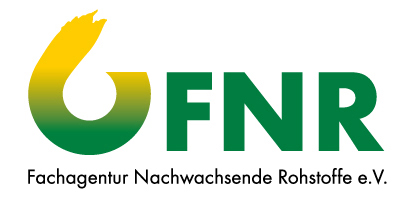
BodenPotential - Assessing Soil Quality for Evaluating of Yield Potentials of Renewable Resources at Marginal Lands
The aim of the proposed project is the development and establishment of an instrument for the provision of criteria which allow identifying suitable locations for biomass production - outside of productive food production areas - based on their local (soil, water balance, climate, etc.) site conditions. This assessment method to be developed will be able to be used for determining and evaluating yield potentials of bioenergy plants at sites of different soil quality more reliably than previously possible. The soil assessment method will thus be able to help delineating the suitability and potential of marginal lands for the production of biomass.
Project staff: apl. Prof. Dr. Dirk Freese, Dr. Werner Gerwin, Dr. Frank Repmann, Michael Kanzler
Duration: 01.09.2020 - 31.08.2023
Funding: Förderprogramm Nachwachsende Rohstoffe: BMEL (Projektträger: FNR)
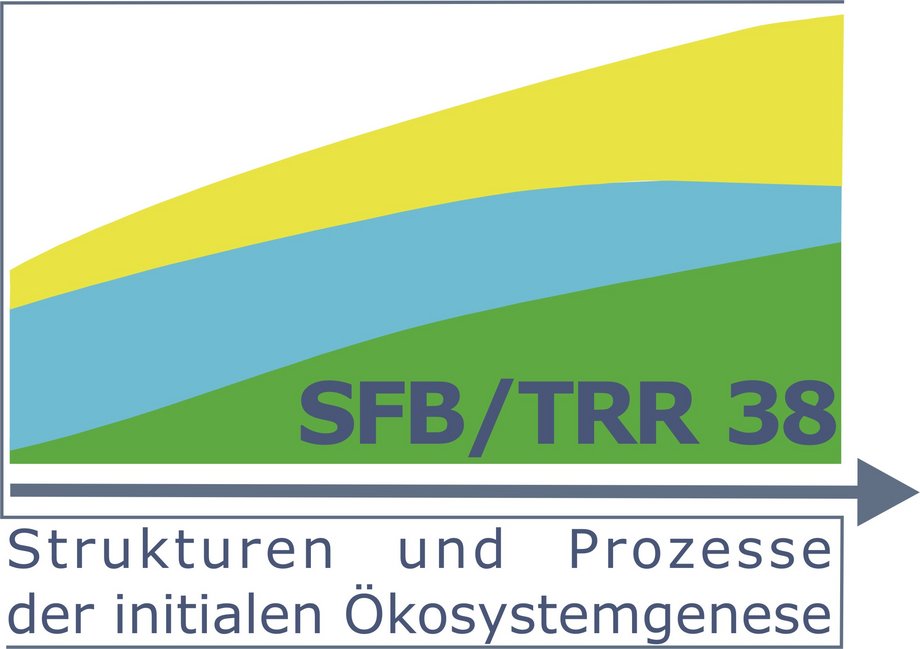
Sonderforschungsbereich/Transregio 38 "Strukturen und Prozesse der initialen Ökosystementwicklung in einem künstlichen Wassereinzugsgebiet"
Duration: 2007-2012
Funding: Deutsche Forschungsgemeinschaft (DFG)
Teilprojekt 4: Untersuchungen an einem neu entwickelten Wasserspeichersystem mit Verdunstungsschutz (Capillary Break Technology) zur Sammlung von Niederschlagsabflüssen in Trockengebieten - Projektgebiet Shehan, Jordanien
(Verbundprojekt: IWRM, Israel, Jordanien, Palästina: SMART)
Duration: 2008-2010
Funding: Bundesministerium für Bildung und Forschung (BMBF)

BMBF-Verbundvorhaben: Bodenmelioration und Anbauverfahren für trockenheitsgefährdete Standorte (BAtroS)
Duration: 2006-2009
Funding: Bundesministerium für Bildung und Forschung (BMBF)

BMBF-Verbundvorhaben: Nachhaltige Bewirtschaftung von Eichen-Kiefern-Mischbeständen im subkontinentalen Nordostdeutschen Tiefland
Duration: 2005-2009
Funding: Bundesministerium für Bildung und Forschung (BMBF)
Marie Curie Conferences and Training Courses: Modern Agriculture in Central and Eastern Europe: Tools for the Analysis and Management of Rural Change
Duration: 2007-2010
Funding: European Community, Marie Curie Conferences and Training Courses
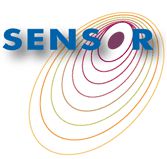
SENSOR: Sustainability Impact Assessment: Tools for Environmental, Social and Economic Effects of Multifunctional Land Use in European Regions
Duration: 2004-2009
Funding: EU FP6 Integrated Project
Sonderforschungsbereich (SFB) 565: Entwicklung und Bewertung gestörter Kulturlandschaften: Fallbeispiel Niederlausitzer Bergbaufolgelandschaft
Duration: 2001-2004
Funding: Deutsche Forschungsgemeinschaft (DFG)

BTUC Innovationskolleg "Ökologisches Entwicklungspotential der Bergbaufolgelandschaften im Lausitzer Braunkohlerevier"
Duration: 1994-1999
Funding: Deutsche Forschungsgemeinschaft (DFG)

